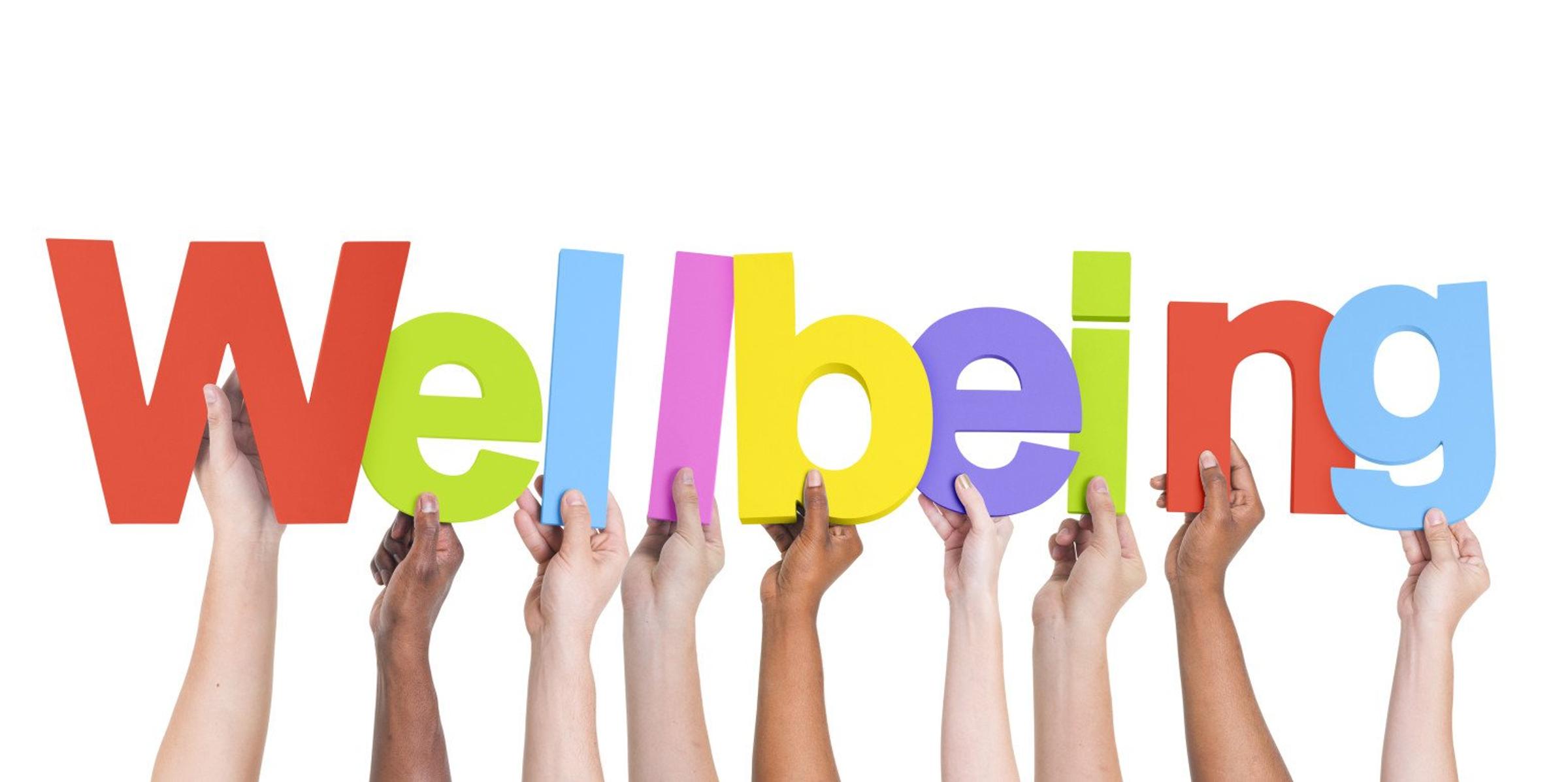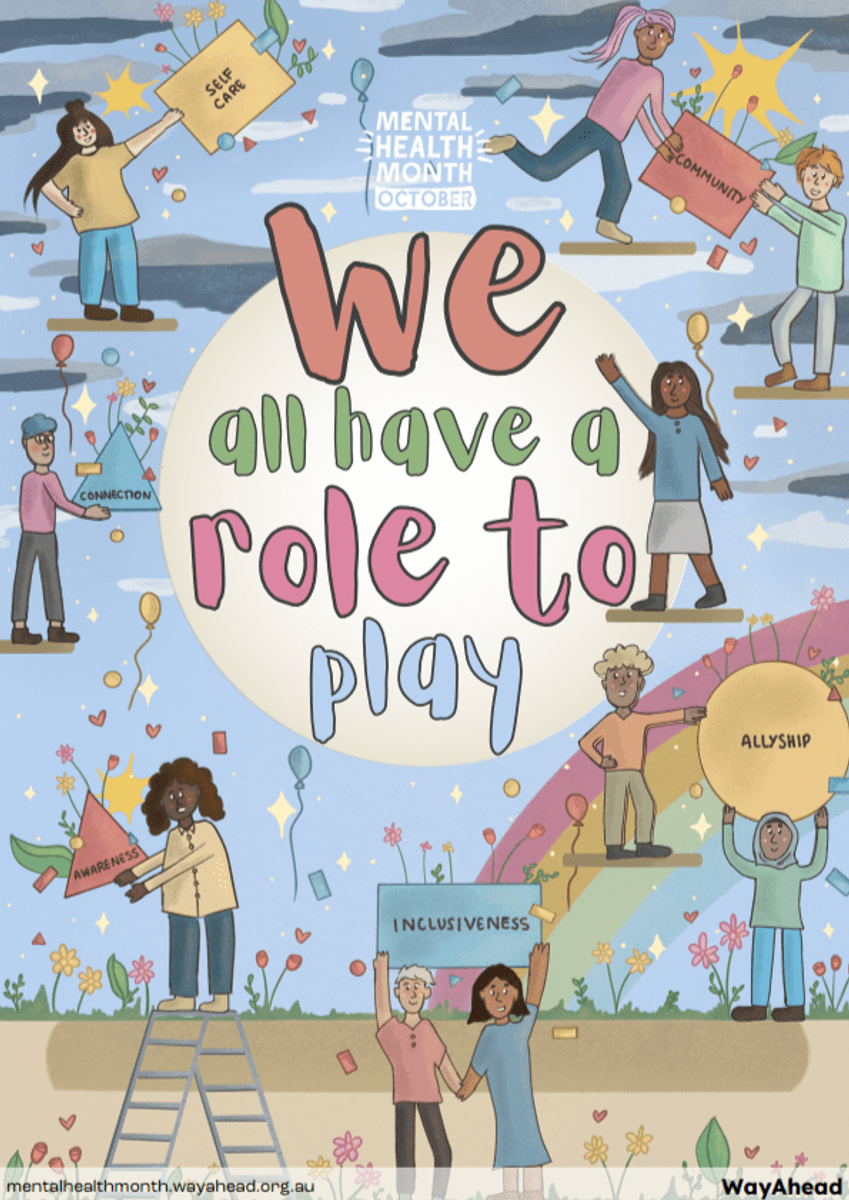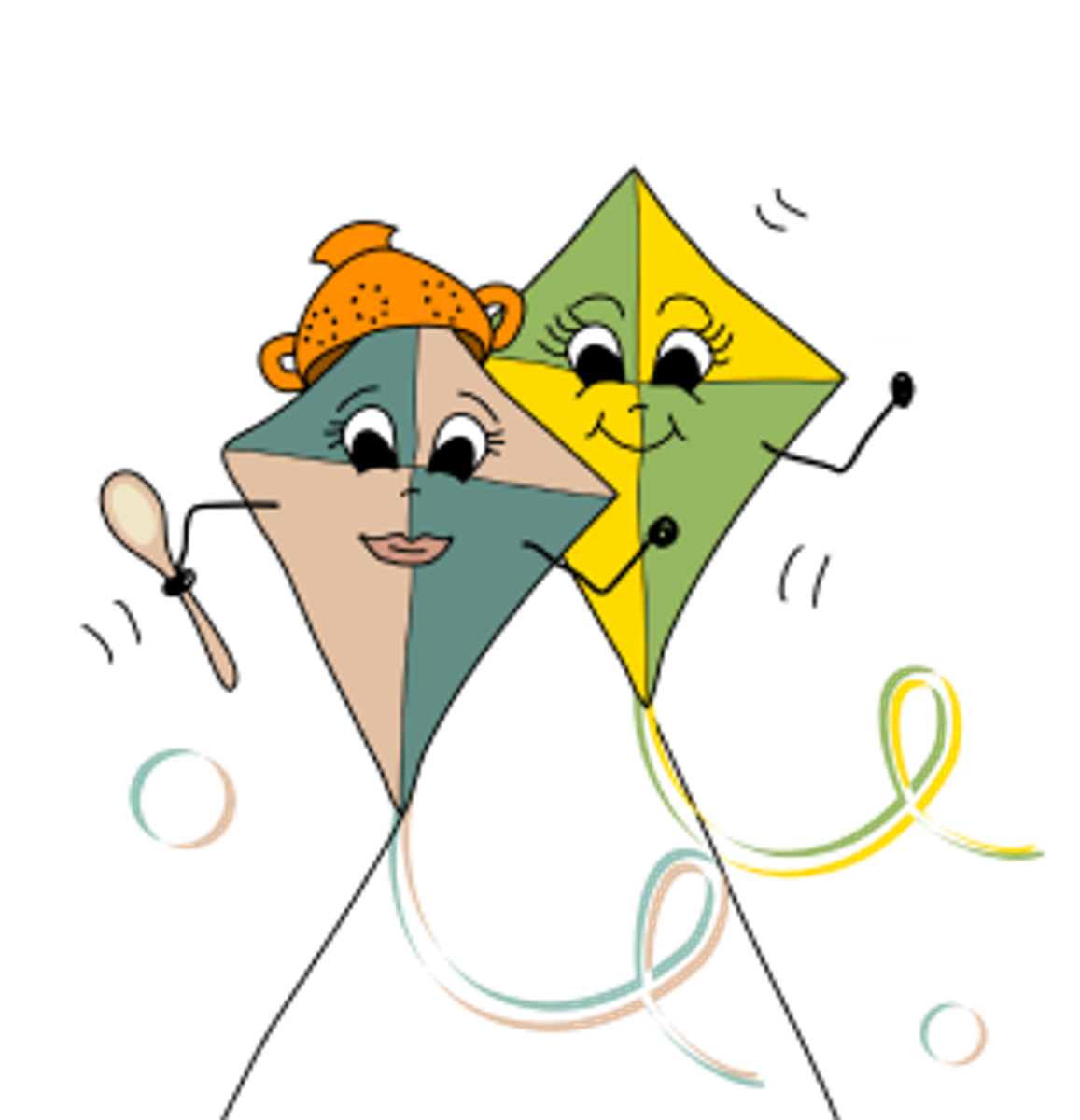Wellbeing
Emily Murcott - Wellbeing Literacy Leader

Wellbeing
Emily Murcott - Wellbeing Literacy Leader
I hope you had a wonderful holiday with your children over the past few weeks. I hope you and your children took some time to reconnect and revitalise before a fun filled Term 4.
I love Term 4 due to the fact that students are in the groove of school, know the expectations of the classroom and school, have connected and built relationships with peers (within and outside their classroom), and staff. It becomes a celebration of what they have achieved throughout this year. SO much growth; independence, academically, socially, emotionally etc.
I hope you were able to take the opportunity to attend (in person or online) to either Lea Waters or Sharon Witt's presentations. I have seen both present on numerous occasions, and have gained many insights from them. I have actioned many tips which has resulted in an increase in my own wellbeing, along with my family. I would love to hear any words of wisdom from anyone who attended.
Lea Waters has been busy this week. She presented locally on Tuesday night, and then presented on The Project on Thursday night, speaking about how to talk to your children about the current situation in the Middle East. If you didn't see it and you are interested in what she said, click here and sign up / log in to 10Play.


The month of October is Mental Health Month. The theme for 2023 is 'We all have a role to play'. We all have a role to play this mental health month. Whether it’s taking time to care for yourself, caring for someone close to you, supporting your community to be more mental health aware, or being a mental health ally. This mental health month, think about ways you connect with the people around you. Making a world free from mental health stigma, and more inclusive for people who are going through tough times takes all of us! What roles will you play?
Below are some ways that you can consider focusing on your mental health to improve yourself. I suggest you choose one focus to begin with. It takes 21 days to make something a habit, let's make looking after yourself a habit!!


Practice Self compassion
Practising self-compassion involves treating yourself with care and understanding during difficult times. We can do this by giving the same kindness and compassion to ourselves as we would to a family member or close friend in the same situation. We can tune in to self-compassion by:
Not judging your situation or experience
Accepting that it’s okay to feel what you’re feeling
Understanding that how you feel is temporary
Being kind to yourself instead of self-criticising
Ground yourself by connecting to the earth
Connecting with nature has long been known to have positive impacts on mental health. Connection to Country is a huge part of social and emotional wellbeing for Aboriginal and Torres Strait Islander people and taking time to connect with the Land in ways that are accessible can help build social and emotional wellbeing. Gardening has been shown to increase levels of hormones that improve mood and decrease stress, and even humble indoor plants can help us feel more connected to the earth. Connecting to nature can reduce self-consciousness and help you feel more relaxed. Ways you can connect with the earth include:
Sitting or lying on the grass in your local park
Planting something new in your garden
Spend time in nature
Wear something that makes you feel like you
At times we might feel like we have to hide who we are, which can have a pretty negative impact on our mental health. Dressing up in a way that makes you feel like yourself (even if you only wear it at home) can help build a sense of identity, and help you connect to yourself. When we’re experiencing a rough time, it can be difficult to even get out of bed, let alone get dressed, but if you’re able to, having fun and putting on something that affirms who you are can provide some relief, as well as a bit of self-care. Wearing something that makes you feel like you could be:
Just a brooch or hat
A pair of socks
Your favourite pair of sunglasses
An entire outfit!


Move joyfully
Movement has been shown to help us notice what’s going on in our bodies and build connections in our brains that can reduce stress and improve wellbeing. Finding movement and activity that brings you joy is important, especially considering that some people find many types of “exercise” difficult due to physical or emotional barriers. Joyful movement can boost mood and help build resilience, so finding something that works for you can make a difference. Moving joyfully could be include:
Dancing
Stretching
Finding fun, silly ways to move about your home
Do something creative
Being actively engaged in any kind of creative expression can not only be very mindful but can also be a great stress reliever. Doing something creative can be an outlet for emotional release, provide a sense of accomplishment and boost self-esteem. Doing something creative means different things to different people and creativity can take many forms. A few ways you can play creatively include:
Expression through art: painting, colouring, drawing, photography
Making something for someone else: weaving, knitting, cooking, crochet
Creating happy noise: singing, playing an instrument
Building something: coding, Lego towers, pillow forts
Take time to rest
Taking time to rest and relax can reduce stress levels and enable you to better cope with life’s challenges. Having good quality sleep is important in maintaining good mental health as it can improve general mental function as well as your mental and emotional resilience. Rest can look different for everyone, here are a few ways you can rest:
Listen to your body and know when it’s time to stop and rest
Take time to disconnect from screens each day
Recharge by taking a nap or laying down
Take deep abdominal breaths when you’re feeling stressed
Be curious about yourself
Being constantly curious about yourself is a great way to find out what sparks your interest, what you value, how your thoughts and ideas change overtime and what you care about most. Being curious can involve both listening to your mind as well as your body and noticing how both respond to different situations, environments, and stressors. We can be curious about ourselves by:
Writing down our thoughts to help make sense of what’s going on
Noticing our bodies response to different situations
Exploring things that spark our curiosity
Tuning into our senses
Connect With Friends
Connecting with friends, colleagues, family, or our chosen family and forming strong relationships is important for mental wellbeing. These relationships can help increase our sense of belonging, improve our self-confidence, and help reduce stress levels. By sharing our experiences, thoughts and feelings and listening to those of loved ones, we are creating stronger social connections which can increase feelings of happiness and self-worth. Some of the ways you can connect with friends include:
Make time each day to connect with someone you trust
Have lunch with a colleague
Reach out to someone you haven’t spoken to for awhile
Have a device-free dinner with friends
Be playful
Being playful or having a playful attitude can fuel your creativity, reduce stress levels, and improve emotional wellbeing. Play can produce endorphins which promote an overall sense of wellbeing and can even temporarily relieve pain. There are many ways in which we can be playful, here are a few ways to Tune In to playfulness:
Play a fun game with friends
Make someone laugh
Make time for a hobby or a creative activity
Take an improve class
Notice your boundaries
Boundary setting is an important part of self-care. By noticing and setting your boundaries you are taking responsibility for your own needs and how others treat you. Being consistent with implementing external and internal boundaries will increase your self-esteem, conserve emotional energy, and create more independence in your life. You can Tune In to your boundaries by:
Tuning into your feelings and values
Understanding what’s right for you
Knowing it’s okay to say no
Starting small and seeking support if needed.